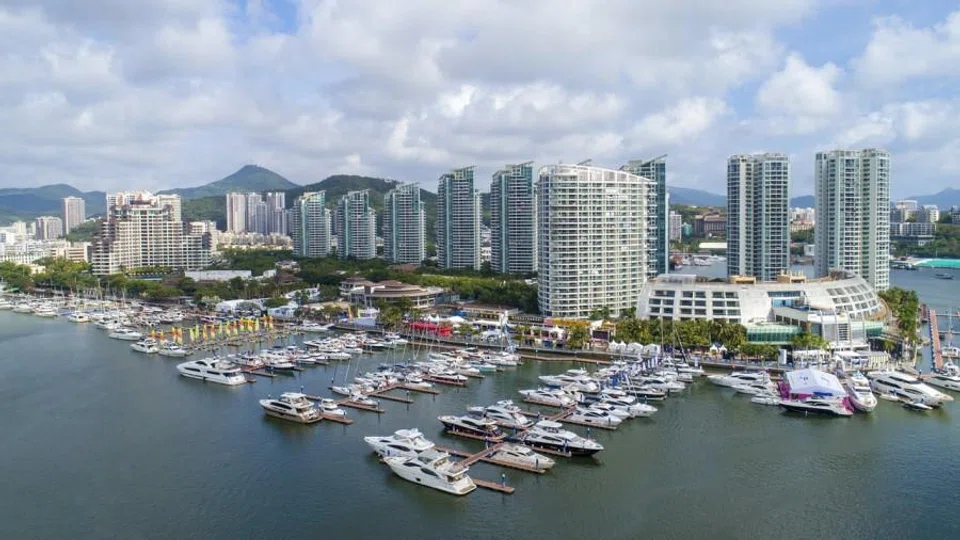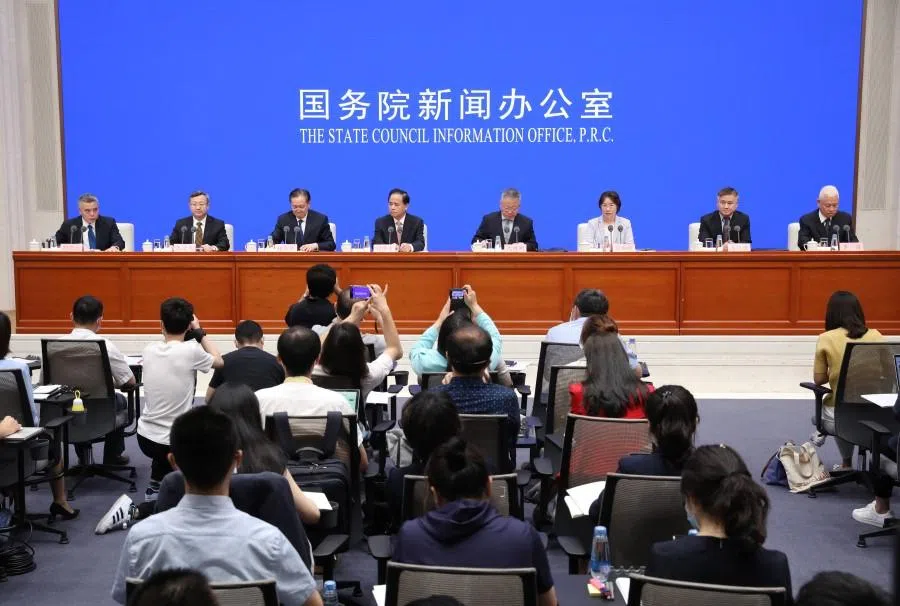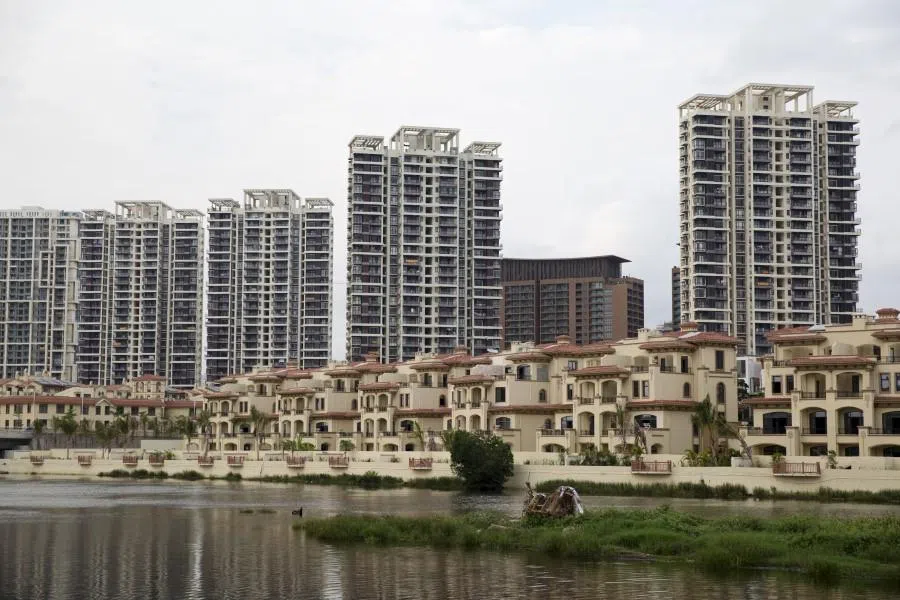Hainan Free Trade Port: Replacing Hong Kong?
Offshore duty-free policy, lower rentals and proximity to mainland China - will the development of the Hainan Free Trade Port impact Hong Kong's functions and status? Zaobao correspondent Meng Dandan seeks experts' views for a clearer picture.

Elaborating on its master plan to turn Hainan into a "free trade port", Chinese officials denied that Hainan will take over part of Hong Kong's functions and status, or impact Hong Kong. They also promise that the Hainan Free Trade Port (HFTP) will not digress into "a processing plant for property projects".
Speaking at a press conference held by the State Council Information Office yesterday, National Development and Reform Commission (NDRC) deputy head Lin Nianxiu said that the HFTP will have a different status from Hong Kong and will focus on different industries. Hence, it will play more of a complementary role than a competitive one to Hong Kong. In the process of building the Hainan free trade port, the authorities will also strengthen the joint development with the Guangdong-Hong Kong-Macao Greater Bay Area, and engage in effective cooperation.
Lin also said the HFTP will take reference from international free trade ports such as Hong Kong, and will fully utilise Hainan's edge in abundant natural resources, its unique geographic position and its proximity to a massive market.
... the master plan for the HFTP includes an extremely attractive offshore duty-free policy, which might exert competitive pressure on Hong Kong's consumer industry.

Offshore duty-free policy might put pressure on Hong Kong's consumer industry
However, some China academics note that the master plan for the HFTP includes an extremely attractive offshore duty-free policy, which might exert competitive pressure on Hong Kong's consumer industry.
Professor Chen Bo of Huazhong University of Science and Technology told Zaobao that the current political situation in Hong Kong is not conducive for Chinese visitors. Product prices, even without duties, may not be advantageous after taking into consideration Hong Kong's high retail rentals. Hainan enjoys lower rentals and is more closely connected to mainland China, hence Chinese may choose to shop and trade in Hainan rather than in Hong Kong.
Contracts for nearly 200 projects worth over one trillion RMB (S$20 billion) were signed in April this year, and a number have started work.
The Chinese government decided to build a pilot free trade zone on Hainan island in 2018, and the idea for a free trade port slowly took shape. And in January this year, the master plan for the HFTP was released by China's State Council.
The construction of Hainan's free trade port will happen in three phases. A free trade port policy and system focusing on facilitating free trade and investment will be "basically established" by 2025. Hainan is expected to grow and develop into a prime example and a high point of open economy in China by 2035. By around 2050, the HFTP should become a globally-influential high-level free trade port.
Construction work has commenced on the free trade port. Contracts for nearly 200 projects worth over one trillion RMB (S$20 billion) were signed in April this year, and a number have started work.
Hainan was made a special economic zone in 1988. As an island with natural tourism resources, its elevated property market has been criticised for years, and this new round of policies is also prompting concerns of a property bubble.

Hainan party secretary says property development will be strictly controlled
Hainan party secretary Liu Cigui emphasised at the press conference that Hainan will strictly control real estate industry development. He said, "We cannot build as many houses as buyers want, and become a processing plant for real estate projects. Our land is limited, and we've learned lessons."
Manufacturing, services, and trade were not playing the leading role that they should in a special economic zone, and that made Hainan the "least successful special economic zone".
He said that since June 2018, Hainan has been resolute in restricting property purchasing, and Hainan's previous fluctuations in property prices will not recur after the free trade port is implemented.
Prof Chen also noted that Hainan's economic development was too dependent on the property market. Manufacturing, services, and trade were not playing the leading role that they should in a special economic zone, and that made Hainan the "least successful special economic zone".
However, he also believed that as the only free trade port in China with huge policy bonuses from the authorities, Hainan might have a second chance for a breakthrough. It would have to leverage on the exclusive benefits accorded by the new port policy, take advantage of mainland China's vast market, and strengthen its fundamentals.
Prof Chen also observed that the authorities are resolving the issue of talents. In recent years, many dynamic senior officials with experience in reform have been "parachuted" into Hainan, and this "did not happen previously when establishing its free trade zone".





